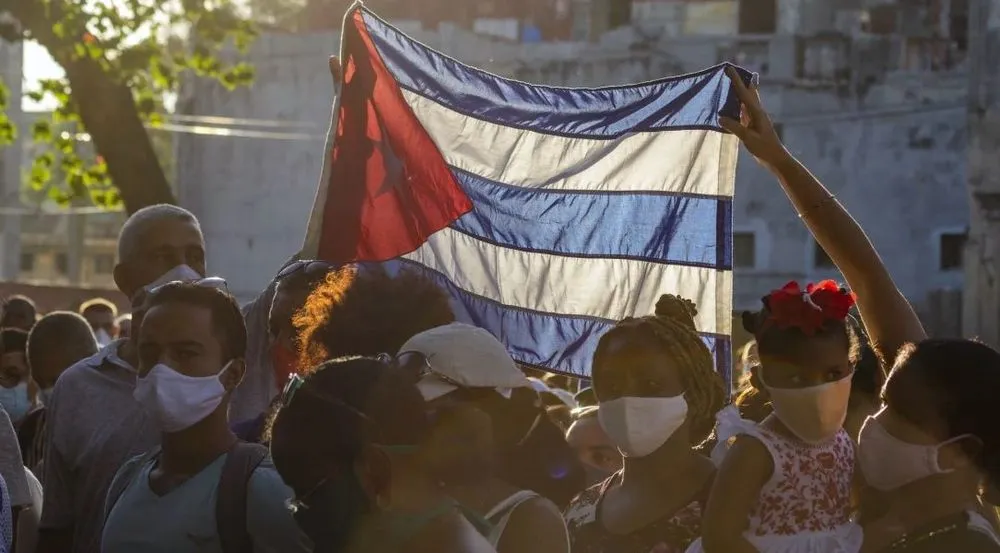Cuba passes internet censorship and cybersecurity law
Following weeks of protests against its decades-long communist leadership, the Cuban government passed a series of new laws that limit freedom of expression on the internet and force local service providers to create censorship mechanisms on their networks in order to prevent the spread of "false information."
Passed last week, the laws will be enforced by a new agency announced yesterday and named the Institute of Information and Social Communication, which the government created inside the Ministry of Communications.
According to the new law's text, local telecommunications operators will have to ensure they own and operate equipment capable of intercepting and supervising network traffic.
Operators are mandated to intervene and "interrupt" communications when their networks are used to "transmit false information, offensive or harmful to human dignity; of sexual, discriminatory content; that creates harassment; that affects personal and family privacy or one's image and voice; the identity, integrity and honor of the person; collective security, general welfare, public morality and respect for public order; or as a means to commit illicit acts citations."
The new laws also target and crack down on neighborhood networks, which have popped up inside Cuban cities without a formal telco presence, which are also legally obliged to follow the same clauses, despite lacking a legal entity.
Furthermore, the new laws also prohibit the importation and sale of networking devices without authorization from the Ministry of Communications, in a bid from the communist government to prevent the spread of more rogue networks.
Government criticism classified as "cyberterrorism"
In addition, the government also introduced a cybersecurity law that introduces mandatory reporting of cybersecurity incidents to the Office of Security for Computer Networks, inside the Ministry of Communications.
Network providers that discover a "cybersecurity incident" on their network have to take steps to investigate and shut down the malicious activity.
In an annex included with the new cybersecurity law, the spread of information that damages the "constitutional, social and economic" of the Cuban state was labeled "cyberterrorism" and formally classified as a cybersecurity incident, meaning network operators would have to intervene and block any online criticism aimed at the communist regime.
The new laws, which entered into effect last week, would give the Havana government a legal ground to justify broad internet shutdowns, but more importantly, it provides the legal ground to create a country-level firewall on par with similar systems implemented in China, Russia, Thailand, Saudi Arabia, and other autocratic regimes.
Lacking the ability to filter online criticism during the recent July & August 2021 protests, the Cuban government often resorted to shutting down internet access in attempts to quelch the spread of dissent among its citizens.
Catalin Cimpanu
is a cybersecurity reporter who previously worked at ZDNet and Bleeping Computer, where he became a well-known name in the industry for his constant scoops on new vulnerabilities, cyberattacks, and law enforcement actions against hackers.



